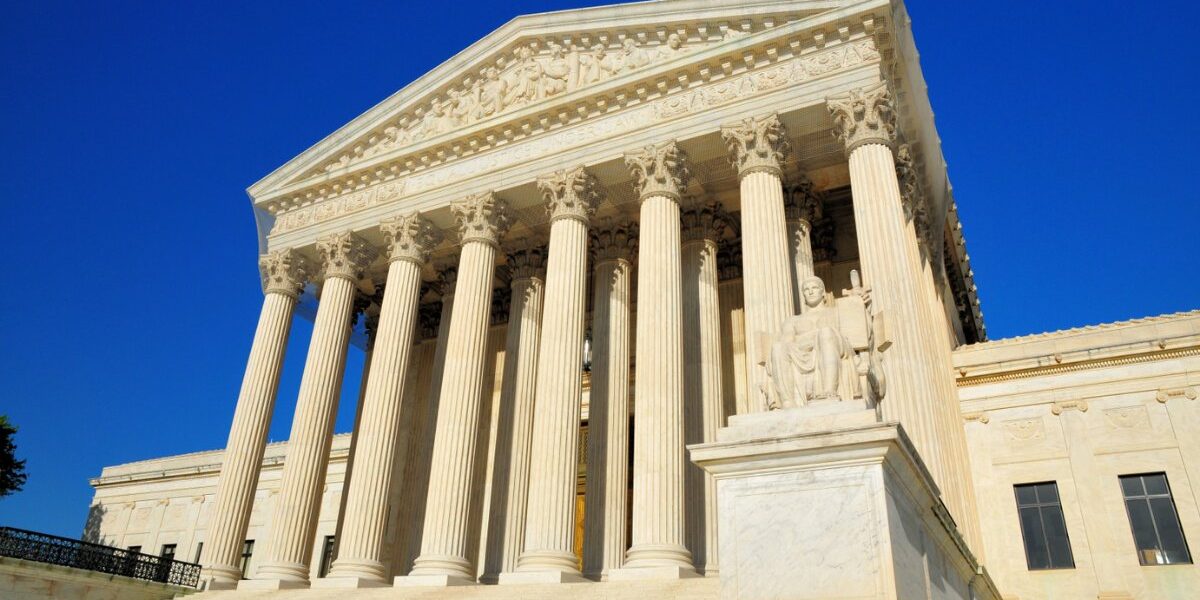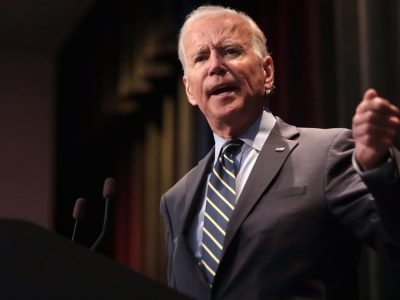Supreme Court to take major decision on the future of the Voting Rights

A major hearing will take place in Supreme Court on Tuesday regarding the Voting Rights Act. This hearing will determine the future of this act and affect how the provision has been used to conquer racial discrimination at the ballot box.
Brnovich v. Democratic National Committee is based on two laws in Arizona: first, that it controls who is allowed and who is not, to collect absentee ballots, and second, that the election officials are required to reject ballots cast in the wrong precinct.
The case comes eight years after the Supreme Court ruled in a 5-4 vote to gut the most powerful provision of the Voting Rights Act of 1965, Section 5, which required states with a history of discrimination in voting to get federal approval before they changed how they held elections.
Since that decision, voting rights advocates have been pointing to Section 2 of the act to fight efforts to disenfranchise voters. That provision directs that no law can be put into force which “results in a denial or abridgment of the right of any citizen of the United States to vote on account of race or color,” but it has to be leveraged after a discriminatory law is passed rather than beforehand, as the legal challenges under Section 5.
The Guardian notes Arizona Attorney General Mark Brnovich (R) and the state’s Republican Party want the court to clarify how the provision can be used to determine if a law violates Section 2 and set a higher bar for legal challenges.
The case comes to light when former President Donald Trump’s malignant lies of rampant voter fraud in the 2020 race, which he lost by more than 7 million votes also lost in the Electoral College count. Trump and Republican leaders have been continuously embracing those “stolen election” claims. They are saying that their efforts are meant to fight voter frauds, even after top cybersecurity officials deemed the November election “the most secure in American history.”
Due to COVID-19, the elections took place in a way that never happened before. The Associated Press notes that almost 70% of ballots were cast before Election Day, and more than 108 million people voted by mail, early in-person, or via absentee ballot as the state had provided access to such services in order to prevent the spreading of the virus in America.



